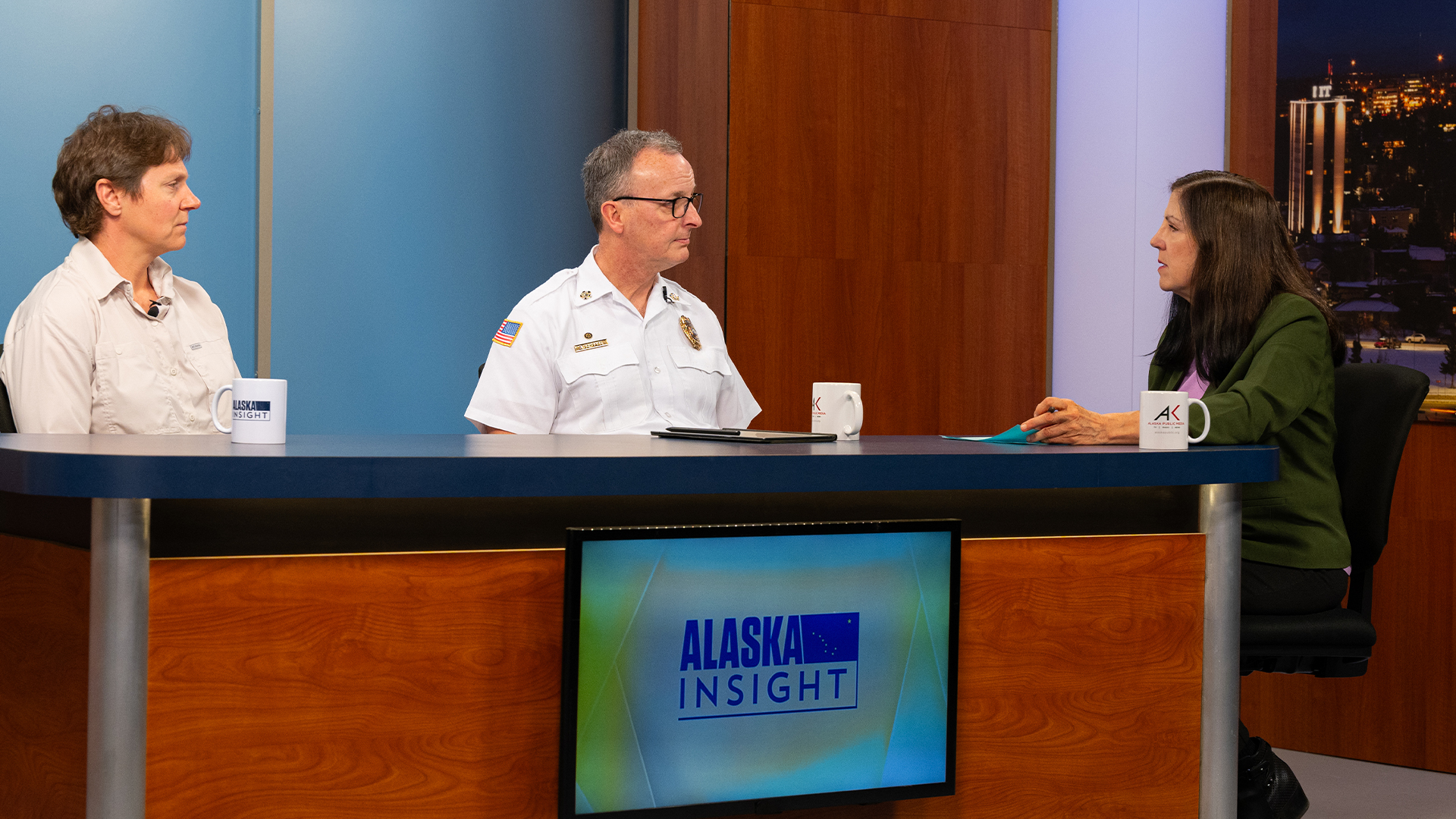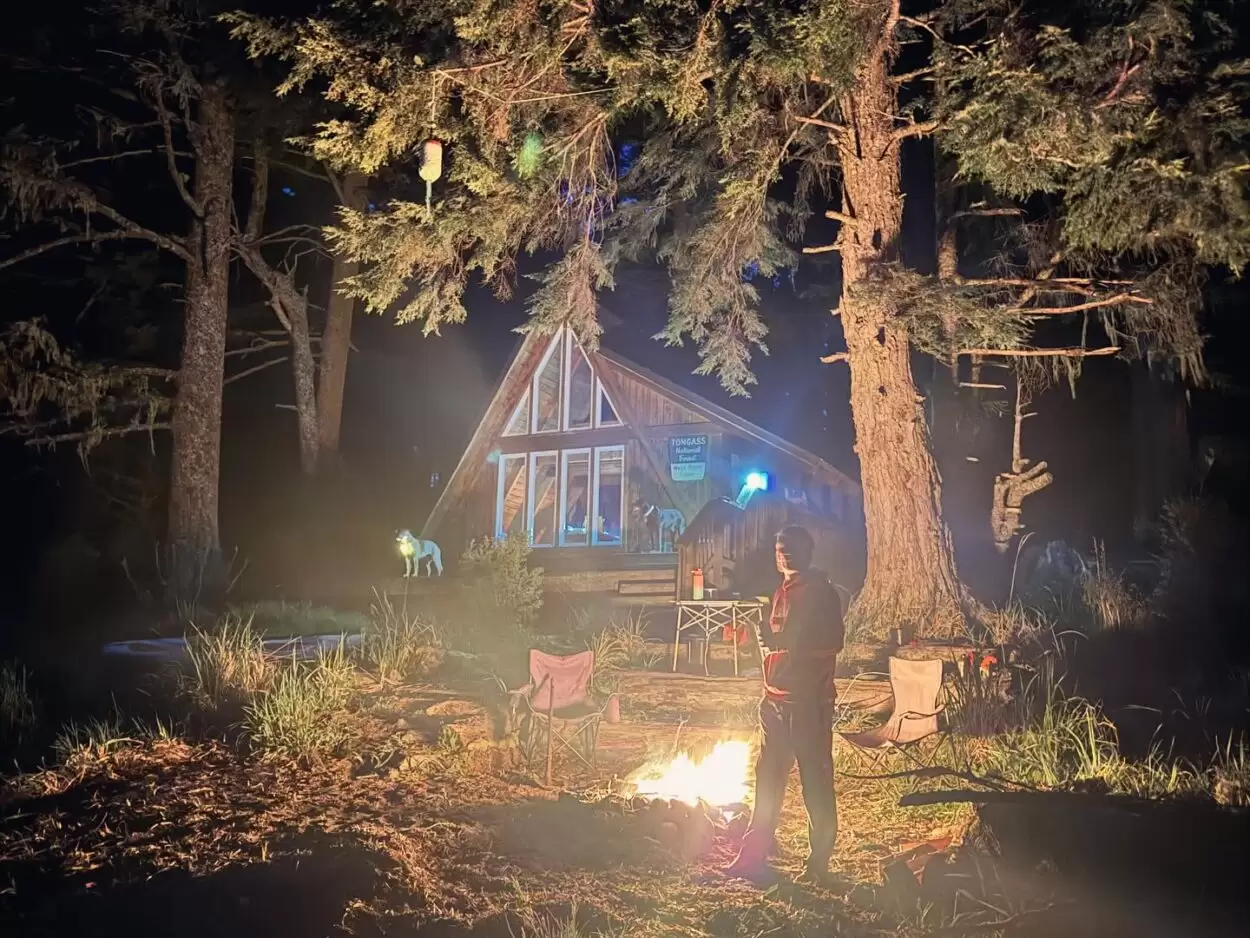JUNEAU, Alaska (KTUU) – As the State of Alaska appeals a ruling that would delay a decision on Alaska’s homeschool correspondence funding until the end of June, public testimony was heard Friday in Juneau on separate House and Senate bills that are viewed as possible, legislative actions to a judge’s ruling.
This is after a Superior Court judge struck down an Alaska law in April that allows parents of homeschooled students to use public dollars for private education purposes, ruling it unconstitutional. Thursday, a judge granted a delay and Friday the State of Alaska appealed Thursday’s delay as the House Education committee asked Alaska correspondence program leaders how their programs work during its invited testimony for for HB 400. Public testimony was also heard on SB 266.
On Thursday Superior Court Judge Adolf Zeman issued the short-term stay on his decision, that it is a violation of the state constitution for public funds to be used to reimburse homeschool families expenses at private and religious institutions, putting lawmakers back at work on Friday to explore options for a legislative fix.
With the end of session less than two weeks away, the chairs of House Education and Senate Education said Thursday they want to get legislation passed before the end of session to provide a level of security for Alaska’s correspondence programs. Interior Distance Education of Alaska Homeschool Director Dean O’Dell showed support for HB-400. The bill would adopt regulations for individual learning plans, monitor allotments and perform annual reports for accountability.
Unlike the Senate bill, the House bill allows for unused reimbursement funds to be rolled over. O’Dell said IDEA checks to make sure families are being reimbursed for expenses that were authorized by the students’ individual learning plans. O’Dell said travel reimbursements are prohibited by the school’s local board until it’s for something specific such as a competition. O’Dell was asked why that should be an allowed expense.
“Literature organizers, in-state travel to competitions and other items are commonly provided in schools,” O’Dell said. “Among those unintended consequences, a prohibition on many of these items, including PE equipment will negatively impact rural students for more than our urban students, creating serious equity issues.”
Brian Rozell, principal of Cyberlynx Homeschool and Correspondence program, was read a memo sent in 2022.
“I’ll just read you the line that’s concerning,” said House Education co-chair Rep. Justin Ruffridge, R-Soldotna. “It says, ‘and be reimbursed for their private school tuition to the amount of their student allotment. I think that might give the indication that someone would be using their allotment or tuition for what they could for their tuition.”
Rozell said the memo was written in the “very early days” of his school’s understanding of what is an allowable expense under the process, telling lawmakers tuition is no longer an allowable reimbursement under his school’s program, but he, like others who testified, doesn’t see anything wrong with a family being reimbursed for a student enrolling in a non-sectarian class at a private school.
Rep. Andi Story, D- Juneau, said she found that confusing.
“I would think as the correspondence program, you would see they’re enrolled in that private school, and you would think, “Oh, that is part of what they’re getting from being enrolled in tuition,’ so I would think it would be something that you would not approve.”
Lawmakers were going through amendments late into Friday as the bill remained in committee.
One of the amendments from Rep. Rebecca Himschoot, N/A Sitka, would prevent allotments to be used for services provided to a student from a family member.
Senate Version
The Senate homeschool funding bill would repeal the current language the judge cited in his initial decision that the funding uses are unconstitutional. The bill would also reinstate components of 2005 and 2008 correspondence study program regulatory packages promoted by the Alaska Department of Education and Early Development.
Changing the term “allotment” to “fund account,” the bill still authorizes correspondence programs to provide students with monies to pay for academic instruction and materials and stipulates that funds cannot be used for private and religious school education expenses. The bill also removes the blanket opt-out provisions of statewide assessment and prevents allotments of education funds from being rolled over.
Those in opposition spoke out about the bill removing rules allowing families the ability to opt-out of statewide assessments, the bill preventing any remaining reimbursement money from being rolled over and restrictive language related to allowable expenses and private tutoring.
“My son enrolled in 2015, and I have been saving up his allotment for him to take higher education classes, pilot training, whatever he wants. We have $15,000 saved up,” parent Maria Michalski said, Palmer.
Larry Sloan, Homer, spoke in support of the Senate bill.
“I do support this proposed bill because it does help to clarify a central, political social issue of our time, which is a so-called wall of separation between church and state,” Sloan said
There were more public testifiers who spoke in favor of the House bill versus the Senate bill.
SB-266 is is in the Senate Education committee where members have more amendments to introduce.
Copyright 2024 KTUU. All rights reserved.





:quality(70)/cloudfront-us-east-1.images.arcpublishing.com/adn/ABQMRJMUPFB7BPUFDNPR5GIS5I.JPG)


























